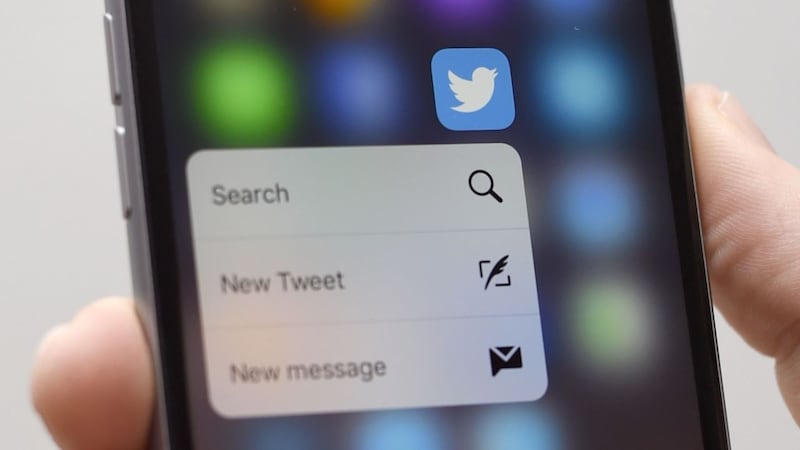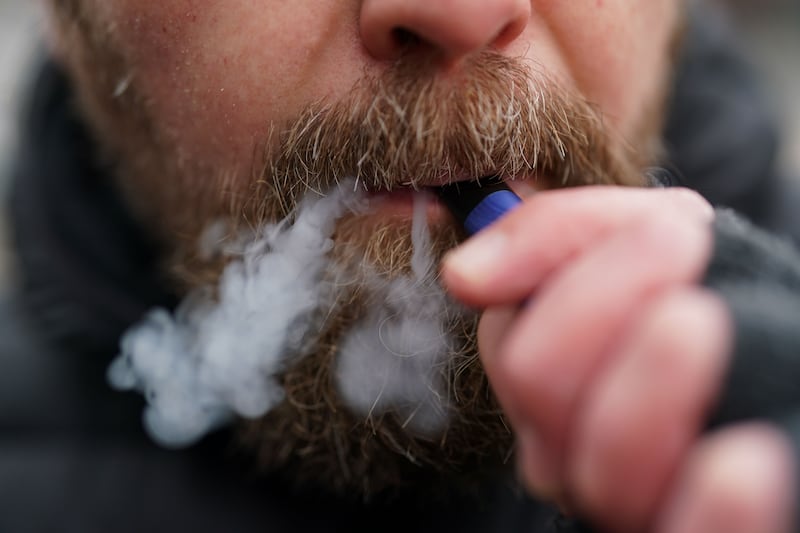If you were on Twitter in the last few days, you may have seen “rogue” Twitter accounts purportedly linked to US science agencies and National Parks defying Donald Trump’s executive order by sharing their support of climate change facts.
However, it seems their so-called act of defiance could lead to legal trouble as experts believe those behind the accounts could be prosecuted as hackers – after more than 40 new but unofficial “alternative” accounts for federal agencies emerged on Twitter.
The movement began when Badlands National Park inadvertently sparked a debate on whether it was defying the Trump administration when tweets quoting climate change data appeared on its feed.
It's a strange day in America when sharing #climatechange information is an act of defiance. #Badlands #NPS pic.twitter.com/VjEXjk6LTt
— Todd Reubold (@treubold) January 25, 2017
The park quickly deleted those tweets and told the US media the tweets were from a “former employee not authorised to use the park’s Twitter account”, adding that the account had been “compromised”.
The National Park Service tells me those @BadlandsNPS tweets were from a former employee and the account was “compromised." pic.twitter.com/RfmFSyebdG
— Claudia Koerner (@ClaudiaKoerner) January 25, 2017
The incident resulted in several “rogue” Badlands Twitter accounts surfacing, with promises to keep the climate change movement alive.
Hey, friends. Here to support @BadlandsNPS with the science facts they can no longer share!
— BadHombreLands NPS (@BadHombreNPS) January 24, 2017
The Badlands were created over eons through the gradual erosion of sediment. The erosion of U.S. democracy, however, will be far more rapid.
— BadlandsNPSFans (@BadIandsNPSFans) January 25, 2017
Soon, more followed suit.
The Maldives are only 5ft above sea level. Dozens of countries are at risk from rising sea levels due to climate change melting icecaps https://t.co/QGwlSBxb9S
— NOT ALT WORLD (@NotAltWorld) January 28, 2017
Here at "Not the EPA" we established and transparently identified our "no-federal-workers for account management" policy from the start.
— altEPA (@altUSEPA) January 26, 2017
Earth's 2016 surface temperatures were the warmest since modern record (since 1880) according to independent analyses by NASA and the NOAA.
— The Resistance (@ActualEPAFacts) January 29, 2017
Hey, @verified @Twitter @jack – If we change our logo will you give us that little blue check mark? Better add @AltNatParkSer too. ??
— AltMountRainier (@AltMtRainier) January 26, 2017
Rise and shine, Twitter! Who's up for a little early morning math problem to get your brains going today?
Solve this: What's 3125 x 16?
— Rogue NASA (@RogueNASA) January 28, 2017
It isn’t clear how many unofficial accounts are being run by government employees, but there have been indications that at least some were created by federal workers using their work email addresses who may have exposed their identities in the process.Legal experts said the Justice Department could prosecute such tweeters under federal hacking laws, saying employees or former employees publishing unauthorised messages on official accounts could be prosecuted under the US Computer Fraud and Abuse Act – which prohibits someone from exceeding authorised access to computers. “The argument would be that the authorisation to use the account was only for employees and implicitly that was extinguished when the employee left government employment,” Orin Kerr, a law professor at George Washington University, told the Associated Press.
Even employees authorised to use official agency Twitter accounts could face legal jeopardy posting messages they weren’t supposed to write, said Stewart Baker – a cyber-security lawyer and former National Security Agency and Department of Homeland Security official.He added that some federal courts would examine the security measures in place and could throw out cases where employees weren’t clearly violating them.“It wouldn’t surprise me if at this stage a criminal investigation was opened and criminal tools were used to investigate this, even if at the end of the day they decided not to pursue criminal charges,” Baker said.








